Raccoons Are Cute? Here’s Why They’re Terrible Pets
Raccoons are undeniably adorable, with their bandit-like masks and those clever little hands that seem almost human. It’s no wonder some people look at them and think, “Wouldn’t that make an amazing pet?” But here’s the truth: raccoons, for all their charm, are far better off in the wild. While they might win your heart on sight, living with one is a whole different story. Let’s explore why raccoons are far from the ideal housemate.
Legal Hurdles to Owning a Raccoon
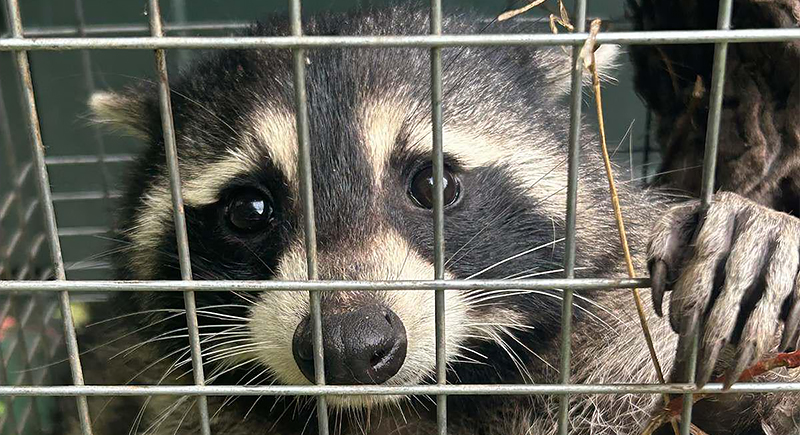
Credit: Reddit
Before we get to the practical reasons, there’s a good chance it’s not even legal to keep a raccoon where you live. Many states outright ban raccoon ownership, and others require special permits. Laws are in place for a reason—raccoons are considered wildlife, and trying to domesticate them can cause problems for both the animal and the community. Skipping the paperwork? That’s not just risky—it could land you in hot water.
Wild at Heart

Credit: Reddit
Raccoons aren’t like cats or dogs, which have spent thousands of years adapting to life alongside humans. These critters are wild through and through. They don’t take kindly to rules or routines, and their natural instincts often clash with what you’d expect from a pet. Even if you raise one from a baby, it’s hardwired to behave like the curious scavenger it was born to be.
Curious Minds, Destructive Paws
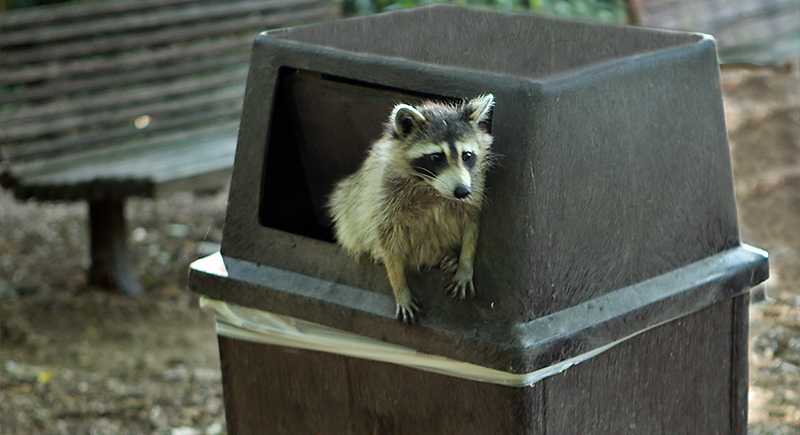
Credit: flickr
Here’s where things start to get messy. Raccoons are incredibly intelligent, which sounds great—until you realize that intelligence fuels mischief. They’ll open cabinets, tear through trash, and dismantle anything they find remotely interesting. Your house could become a playground for their antics, leaving you with chewed furniture, scratched walls, and constant chaos.
A Recipe for Health Risks
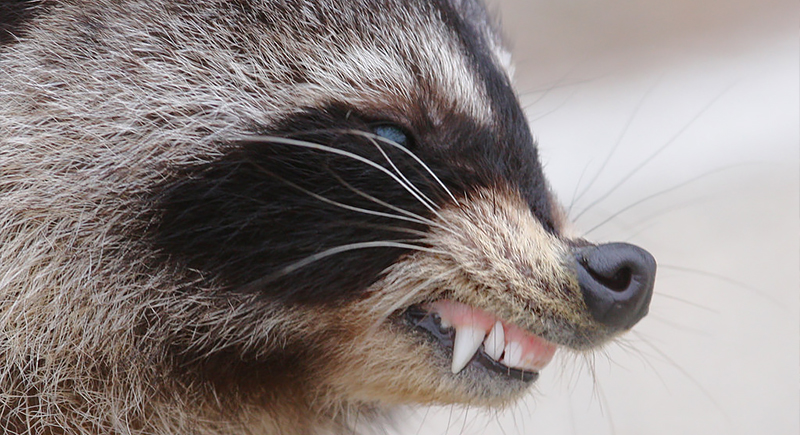
Credit: flickr
Raccoons can carry diseases that are dangerous to humans. Rabies is the big one, but they can also spread leptospirosis, a bacterial infection that’s no picnic. Even if your raccoon seems healthy, it could still pass on parasites or bacteria through a bite or scratch. Handling these animals comes with risks that most people aren’t prepared for.
Feeding a Raccoon Is No Walk in the Park
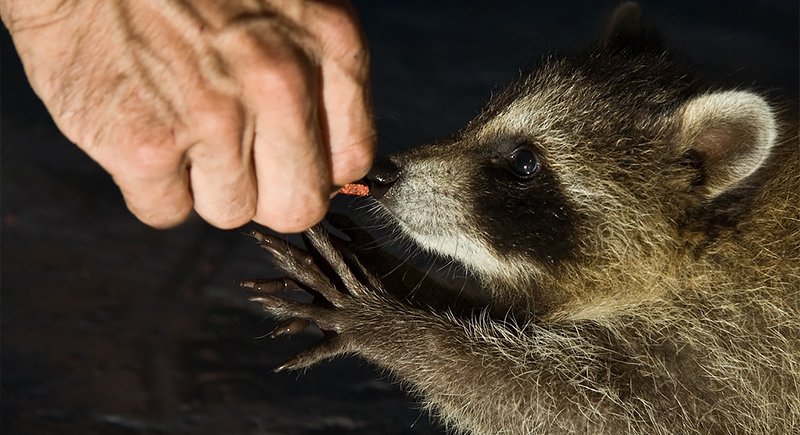
Credit: flickr
You can’t just toss a raccoon a bowl of kibble and call it a day. Their dietary needs are complex, requiring a mix of fruits, vegetables, proteins, and occasional treats. Getting it wrong can lead to health problems. And let’s be honest, juggling that kind of menu every day is a big ask, especially when most of us are already scrambling to feed ourselves.
Home Sweet… Habitat?
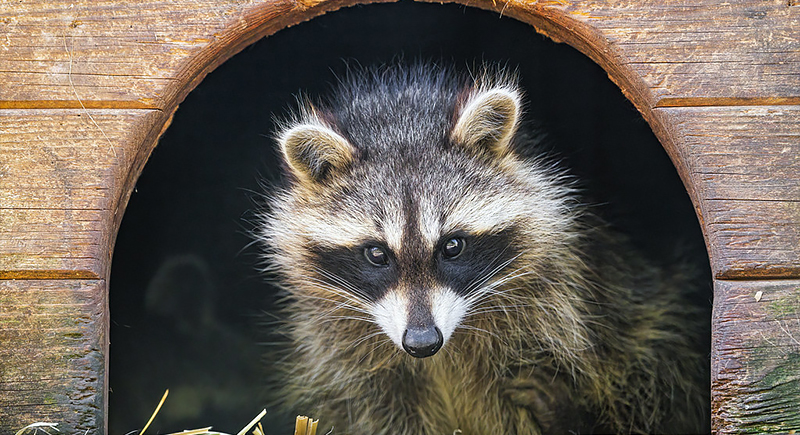
Credit: flickr
A raccoon needs way more space than your average pet. They’re not couch potatoes—they need room to climb, explore, and burn off energy. A cramped apartment or even a modest house just won’t cut it. If they don’t get enough stimulation, they can become bored and act out, making life miserable for everyone involved.
Finding a Vet Who Knows Raccoons
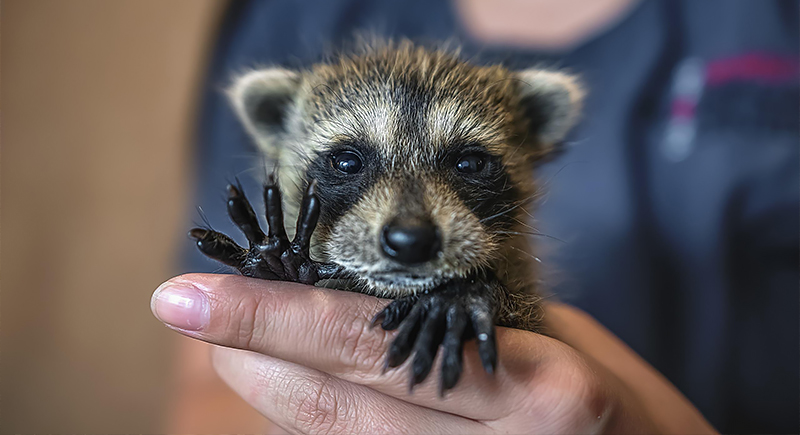
Credit: Reddit
Good luck finding a veterinarian who’s comfortable treating raccoons. These animals require specialized care, and not every vet is trained or willing to handle them. That means even a routine check-up can turn into a logistical nightmare. If your raccoon gets sick, you could be left scrambling to find help when time is of the essence.
Not-So-Cuddly Companions
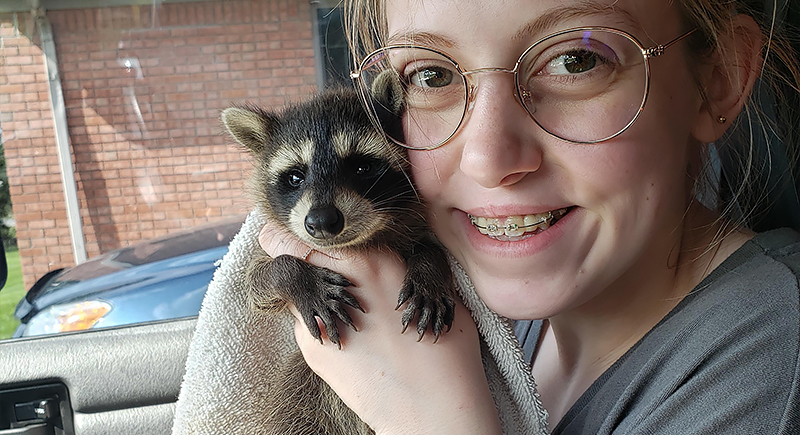
Credit: Reddit
Let’s talk about aggression. Raccoons can be territorial, especially as they mature. That cute, cuddly baby raccoon? It might grow up to be a handful, with mood swings and a tendency to lash out when it feels threatened. And let’s not even get started on their sharp teeth and claws—they’re not just for show.
Commitment That Outlasts the Excitement
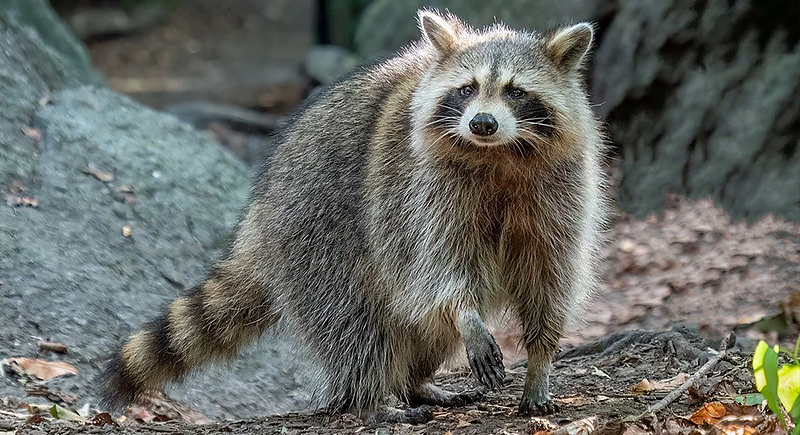
Credit: Reddit
A raccoon’s lifespan in captivity can stretch up to 20 years. That’s two decades of cleaning up after them, managing their behavior, and meeting their needs. It’s a commitment many people underestimate, and once the novelty wears off, it can feel like a burden you’re stuck with for the long haul.
Ethical Dilemmas

Credit: flickr
Taking a raccoon out of the wild raises ethical questions. These animals play a role in their ecosystems, and removing them can upset the natural balance. What’s more, keeping them as pets can rob them of the life they were meant to have—one where they forage, climb, and live as nature intended.
Environmental Impact
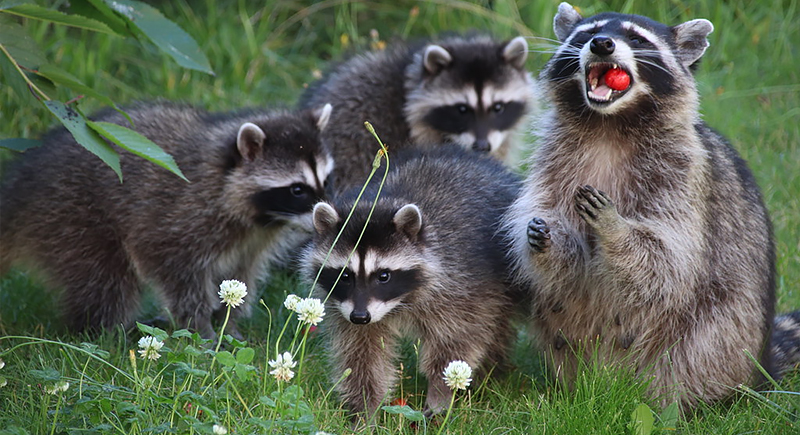
Credit: flickr
In places where raccoons aren’t native, releasing one after it’s been kept as a pet can create major ecological issues. Japan, for example, has faced serious problems with invasive raccoon populations wreaking havoc on crops and wildlife. It’s a stark reminder that introducing animals into environments where they don’t belong can have far-reaching consequences.
Hidden Costs of Raccoon Ownership

Credit: Reddit
The upfront costs of owning a raccoon are steep, but the hidden expenses can really add up. Between veterinary care, specialized food, and repairing the inevitable damage to your home, owning a raccoon can drain your wallet faster than you’d expect. And that’s not even counting the emotional toll of dealing with their unpredictable behavior.
Night Owls in a 9-to-5 World
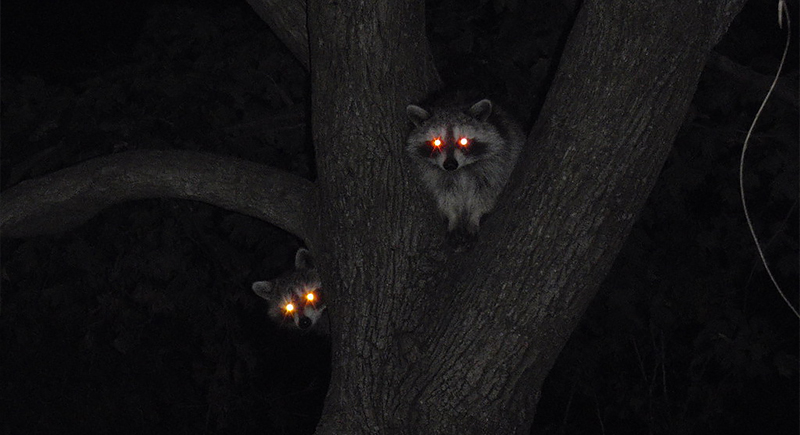
Credit: flickr
Raccoons are nocturnal, which means they’re most active when you’re trying to sleep. Their nighttime escapades can include everything from noisy rummaging to outright destruction. Adapting to their schedule is exhausting and can disrupt your own daily rhythm, leaving you sleep-deprived and stressed.
Houdini-Level Escape Artists
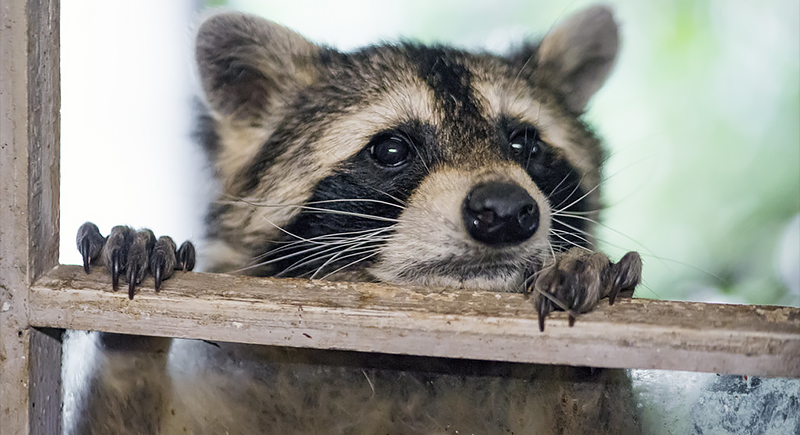
Credit: flickr
Raccoons are masters of escape. Leave a door or window open, and they’re gone. Once outside, they might struggle to survive in an unfamiliar environment or wreak havoc in the neighborhood. Keeping them contained requires constant vigilance, and even then, it’s not foolproof.